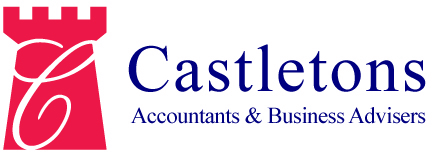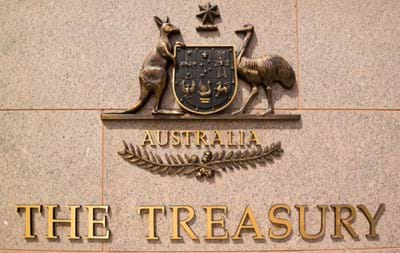Latest News
On Tuesday, 9 May 2023, Treasurer Jim Chalmers handed down the 2023–2024 Federal Budget, his second Budget, which follows the October 2022 Budget. The Treasurer announced a package of cost-of-living measures, including energy bill relief, expected to reduce power bills by up to $500 for five million households. These measures have been designed to provide relief without adding inflationary pressures.
The government has released a consultation paper on the application of the proposed reduction in super tax concessions for individuals with super balances over $3m, including those with SMSFs. Among other things, the consultation paper seeks views on whether the proposal would create any unintended consequences and whether modifications to the proposed portioning methods should be applied.
Recent results of sample audits across individuals conducted under the ATO random enquiry program appeared to show a net tax gap of $9bn for the 2020 income year, with the incorrect reporting of rental property income and expenses being a significant driver of the gap. Specifically, the estimated net tax gap for rental property expenses contributed around $1bn or 14% of the total individuals gap, with a common driver being the incorrect apportioning loan interest costs where the loan was refinanced or redrawn for private purposes.
The ATO has recently issued a Taxpayer Alert warning that it is reviewing arrangements where an individual taxpayer accesses the profits of a private company in tax-free form through the use of an interposed holding company. It notes that the Alert will apply to all arrangements when, viewed objectively, there is an indication that the dominant purpose of the arrangements is for the individual to avoid tax.
APRA has recently released its policy and supervision priorities for 2023. For the superannuation space, APRA is maintaining its focus on holding trustees to account to improve member outcomes. This includes rectifying sub-standard industry practices, eradicating unacceptable product performance, and influencing improved retirement outcomes. In 2023, APRA will also seek to finalise some guidance on investment governance, MySuper asset transfer requirements, and general audit related matters.
With 2023 in full swing, the ATO is looking to finalise a number of FBT-related issues currently under consultation. For businesses, the outcome of these consultations and subsequent issue of draft rulings or guidelines may affect the applicability of FBT in certain circumstances, as well as the calculation of FBT benefits.
Money never sleeps, as the old quote goes, but it could apply equally well to scammers. As most people have let their guard down and are still recovering from their holiday excesses, scammers are positioning themselves to strike at this particularly vulnerable time. Among the usual parade of swindles, the government has warned of a particularly insidious new ATO impersonation scam on social media.
After a tumultuous 2022 year, 2023 is finally here, a new year means changes and the SMSF space is no different. If you’re thinking of starting a new SMSF, the ATO has now changed the registration process which removes the ability to add the SMSF bank account details to the online and paper application for an ABN registration of an SMSF.
In a recent address, the Assistant Treasurer and Minister for Financial Services, Stephen Jones, outlined the changes the government will be pursuing in terms of superannuation. From its beginnings in 1992, superannuation collectively has become a juggernaut and has grown to encompass over $3.3 trillion in assets held by an estimated 16m Australians. That figure makes Australian superannuation the world’s third largest pension pool.
First home buyers in NSW could soon have the choice between paying an annual property tax instead of stamp duty if a Bill currently before NSW Parliament passes. As the name suggests, the First Home Buyer Choice scheme is only available to individual first home buyers over 18 years of age who have not previously owned residential land in Australia. For individuals with a spouse, it is also a requirement that the spouse has not at any time owned residential land in Australia either solely or with another person.
The tax legislation contains special rules about personal services income (PSI). The PSI rules are aimed at improving the integrity of, and equity in, the tax system by ensuring that individuals cannot reduce or defer their income tax by alienating or splitting their PSI through the use of interposed companies, partnerships or trusts. An interposed entity is called a personal services entity (PSE).
Along with the Financial Accountability Regime (FAR) to extend the standards of conduct in major changes to the finance sector, the government has introduced Bills to implement the Compensation Scheme of Last Resort (CSLR) to enact the recommendations from the Financial Services Royal Commission.












